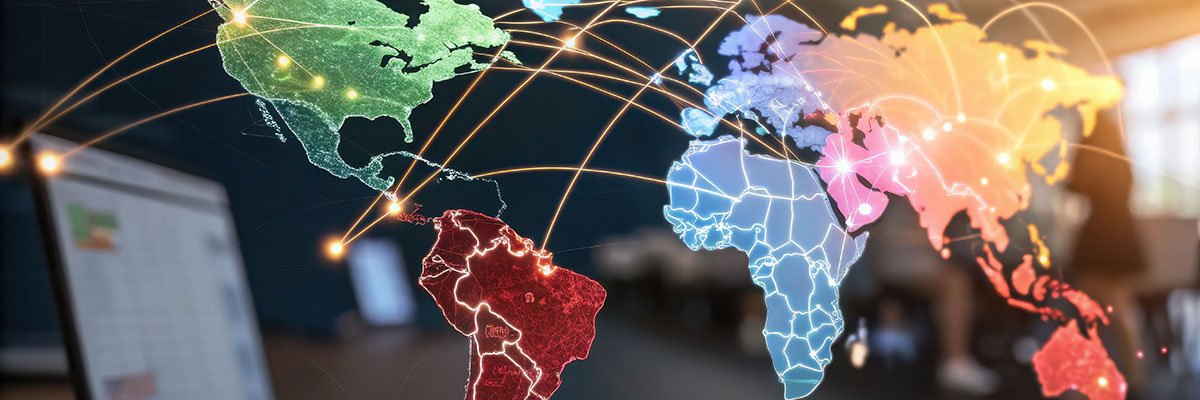
"The global fight for internet infrastructure control has intensified, driven by international competition, cyber attacks, and economic espionage, leading countries to protect data flows and critical infrastructure."
"Concerns about dependence on foreign-controlled hosting and internet protocols are rising, as the cost of internet connectivity increases due to the depletion of IPv4 addresses."
"Lithuania has been proactive in improving digital sovereignty through innovative strategies, including IPv6 deployment, local control of IP space, and partnerships with the private sector."
"Lithuania views internet infrastructure as a state asset, leveraging a tech-first governance model that combines public-private partnerships and national security."
The global struggle for control over internet infrastructure is escalating due to heightened competition, cyber threats, and economic espionage spurred by geopolitical tensions. Countries are increasingly focusing on protecting data flows and critical infrastructure. Concerns about reliance on foreign-controlled internet services and the rising costs associated with dwindling IPv4 addresses are prompting this urgency, particularly within the EU. Lithuania is leading with strategies like IPv6 deployment and local IP control, emphasizing a governance approach that intertwines infrastructure with national security and resilience efforts.
Read at ComputerWeekly.com
Unable to calculate read time
Collection
[
|
...
]